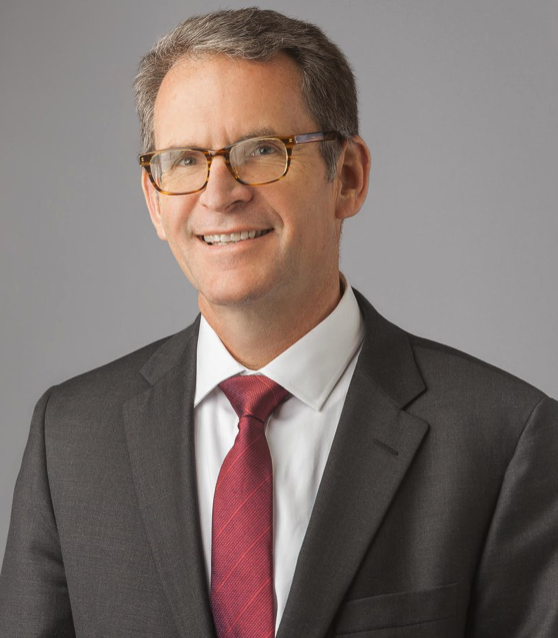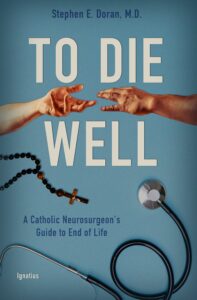Podcast: Play in new window | Download (Duration: 28:13 — 19.5MB) | Embed
Subscribe: Apple Podcasts | Spotify | Amazon Music | Android | Pandora | iHeartRadio | JioSaavn | Podchaser | Gaana | Podcast Index | Email | TuneIn | Deezer | Anghami | RSS | More

Episode 1 – Embarking on the Journey – The Final Journey with Dr. Stephen Doran, M.D.
In this conversation, Dr. Stephen Doran, a Catholic deacon and neurosurgeon, and series host Kris McGregor, discuss his experiences with end-of-life care and the importance of contemplating death. He emphasizes the inevitability of death and the need for individuals to prepare for it, both spiritually and practically. Dr. Doran also shares his personal experience with his father-in-law’s death, which was a profound and holy time that deeply impacted him and his family. He stresses that preparation for death should begin now and that it can be approached in a way that isn’t scary. The conversation highlights the importance of deep listening, discernment, and integrating death into the experience of life.
For more episodes in the series, visit The Final Journey: Insights from a Catholic Doctor and Neurosurgeon w/ Dr. Stephen Doran M.D. – Discerning Hearts Podcasts
Stephen Doran, M.D., a board-certified neurosurgeon with over twenty-five years of experience, is an ordained permanent deacon and serves as the bioethicist for the Archdiocese of Omaha. His writings in bioethics, neurosurgery, and gene therapy for brain disorders have been widely published in national media outlets, academic journals, and neurosurgery textbooks. He is married with five sons. He co-founded Seeking Truth Catholic Bible Study with his wife, Sharon.
Discerning Hearts reflection questions for this episode:
- Facing the Inevitability: How does Dr. Stephen Doran express the inevitability of death as a shared destination for everyone?
- Vocational Roles and Balance: In what ways does Dr. Doran discuss the challenge of balancing various vocational roles, including being a doctor, deacon, husband, and father, while relying on God’s grace?
- The Importance of Storytelling: How does Dr. Doran use storytelling in his book to draw people into the concrete realities of end-of-life experiences, as opposed to relying solely on clinical or dogmatic teachings?
- The Journey to Neurosurgery: What influenced Dr. Doran’s decision to pursue neurosurgery, and how does he reflect on the weight of the responsibility associated with this medical field?
- Being Present in Life-Changing Moments: How does Dr. Doran describe the privilege and challenge of being present with patients during life-changing moments, especially in the context of neurosurgery?
- A Holy Death: Based on the story of Dr. Doran’s father-in-law, Mike, how does the experience of a holy death impact the family’s perception of death, making it less scary and more integrated into the fabric of life?

You can find the book here
From the book description:
Dr. Stephen Doran draws from his vast experience as a neurosurgeon, a bioethicist, and a permanent deacon to present the Catholic perspective on the art of dying well. The spiritual and moral issues related to death and the process of dying can be challenging and complicated. To Die Well provides a detailed yet readily understandable guide to these topics.
Each chapter begins with a story from Dr. Doran’s personal or professional life that not only provides context for the topic at hand but also gently draws the reader toward the personal realities of dying. The first part focuses on the moral issues that surround death and dying, including end-of-life medical decisions. The second part is devoted to the Catholic spiritual understanding of dying and the rites that accompany the death of a Catholic.
To Die Well will help readers contemplate, pray about, and prepare for the end of their earthly lives.

